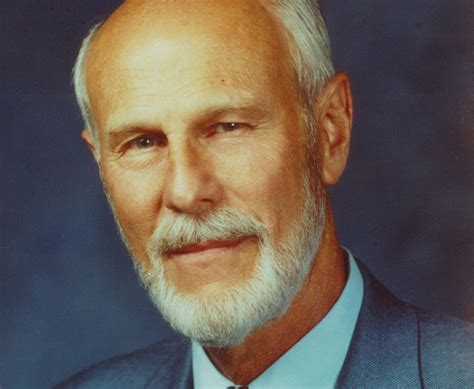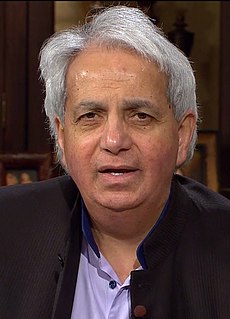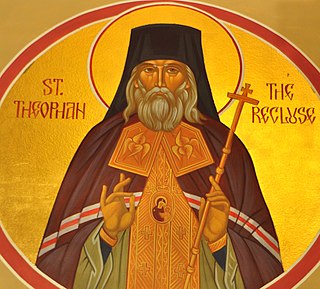A Quote by John Stott
At the cross in holy love God through Christ paid the full penalty of our disobedience himself.
Related Quotes
At the cross in holy love God through Christ paid the full penalty of our disobedience himself. He bore the judgment we deserve in order to bring us the forgiveness we do not deserve. On the cross divine mercy and justice were equally expressed and eternally reconciled. God's holy love was 'satisfied.'
The gospel is saying that, what man cannot do in order to be accepted with God, this God Himself has done for us in the person of Jesus Christ. To be acceptable to God we must present to God a life of perfect and unceasing obedience to his will. The gospel declares that Jesus has done this for us. For God to be righteous he must deal with our sin. This also he has done for us in Jesus. The holy law of God was lived out perfectly for us by Christ, and its penalty was paid perfectly for us by Christ. The living and dying of Christ for us, and this alone is the basis of our acceptance with God
The Cross is not simply a lovely example of sacrificial love. Throwing your life away needlessly is not admirable — it is wrong. Jesus’ death was only a good example if it was more than an example, if it was something absolutely necessary to rescue us. And it was. Why did Jesus have to die in order to forgive us? There was a debt to be paid — God himself paid it. There was a penalty to be born — God himself bore it. Forgiveness is always a form of costly suffering.
Christ prays in me, Christ works in me, Christ thinks in me, Christ looks through my eyes, Christ speaks through my words, Christ works with my hands, Christ walks with my feet, Christ loves with my heart. As St Paul's prayer was: I belong to Christ and nothing will separate me from the love of Christ. It was that oneness, oneness with God in the Holy Spirit.
Had He (Jesus) not offered Himself through the Holy Ghost, He would not be accepted in the eyes of God the Father. Nor would He have endured the sufferings of the cross. Had He not presented Himself through the Holy Ghost, His blood would not have remained pure and spotless. And let me add this: Had the Holy Spirit not been with Jesus, He would have sinned.
It is not what we do that matters, but what a sovereign God chooses to do through us. God doesn't want our success; He wants us. He doesn't demand our achievements; He demands our obedience. The Kingdom of God is a kingdom of paradox, where through the ugly defeat of a cross, a holy God is utterly glorified. Victory comes through defeat; healing through brokenness; finding self through losing self.
Loving a holy God is beyond our moral power. The only kind of God we can love by our sinful nature is an unholy god, an idol made by our own hands. Unless we are born of the Spirit of God, unless God sheds His holy love in our hearts, unless He stoops in His grace to change our hearts, we will not love Him... To love a holy God requires grace, grace strong enough to pierce our hardened hearts and awaken our moribund souls.
Remember that each of us has his own cross. The Golgotha of this cross is our heart: it is being lifted or implanted through a zealous determination to live according to the Spirit of God. Just as salvation of the world is by the Cross of God, so our salvation is by our crucifixion on our own cross.
































